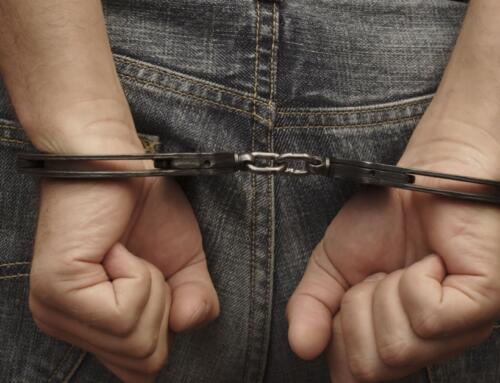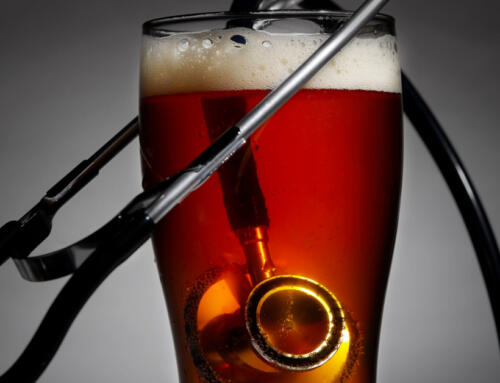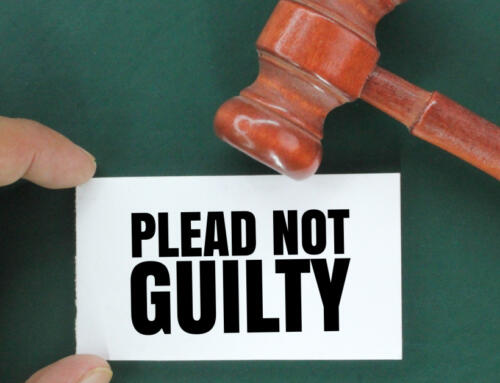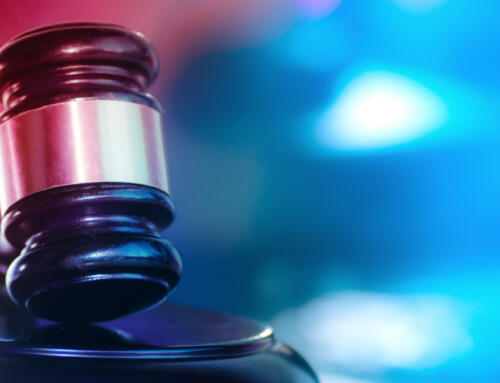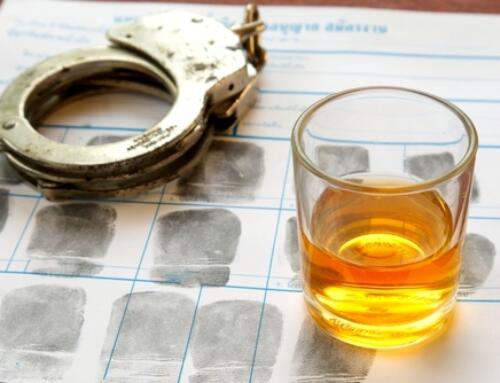More drunk drivers hit the road during the summer months than any other time of year. According to BACtrack, a company that sells breathalyzers and alcohol monitoring phone apps, “[n]ine of the 10 deadliest days for youth on U.S. highways fall between May and August,” and data suggest that this is due in significant part to an increase in the prevalence of drunk driving. According to the National Highway Traffic Safety Administration, Memorial Day, Independence Day, and Labor Day are among the holidays that see the highest number of fatal drunk driving accidents each year.
In years past, the Pennsylvania State Police have engaged in DUI enforcement campaigns specifically targeting drunk drivers during the summer months. With reports of DUI arrests over the 2019 Easter and Passover holidays increasing by 10 percent compared to 2018, there is a high likelihood that we will see a high number of DUI arrests this summer as well. So, if you get arrested for DUI this summer, you will not be alone; however, you should not expect the high volume of DUI cases to mean that yours will receive less attention from prosecutors or in the Pennsylvania courts.
Arrested for DUI in Pennsylvania? Here’s What You Need to Know
1. The Penalties for DUI in Pennsylvania are Severe
Depending upon your blood alcohol concentration (BAC) level, a first-time DUI offense can carry up to six months of jail time in Pennsylvania. In all cases, first-time offenders are facing substantial fines, costs, and other penalties. Repeat offenders face a minimum of five days in jail, and up to 90 days with parole for BACs of 0.16 percent and above. Your BAC will also determine the length of your driver’s license suspension (if any – Pennsylvania law does not impose a driver’s license suspension for a first-time DUI with a BAC below 0.10 percent), and a DUI conviction can have consequences far beyond the sentence you receive in court.
2. Pennsylvania has Special DUI Courts that are “Dedicated to Changing the Behavior of DUI Offenders”
In counties across Pennsylvania, there are special DUI Courts that hear cases involving eligible DUI offenses. As explained on the Pennsylvania Courts’ website, “[t]he goal of the DUI Courts is to protect public safety using the highly successful drug court model to process cases of eligible defendants.” However, even if your case is assigned to a DUI Court, you can still face severe penalties, and you will still need to hire a DUI attorney to help you avoid unnecessary consequences as a result of your DUI arrest.
3. Pennsylvania has an Implied Consent Law
Under Pennsylvania’s implied consent law, by driving on public roads, you consent to give a breath, blood, or urine sample if you get arrested for DUI. Violating the implied consent law is a separate offense from DUI, and you can be convicted of an implied consent violation even if you were wrongfully arrested for DUI. Furthermore, the penalties for an implied consent violation can actually be more severe than the penalties for a DUI in some respects. For example, unlike a first-time DUI conviction, a conviction for a first-time implied consent violation carries a one-year driver’s license suspension, and the reinstatement fee is $500 (compared to the $300 fine for a standard first-time DUI offense).
4. There are Many Potential Defenses to DUI Charges in Pennsylvania
While every case is different, there are numerous potential defenses to DUI charges in Pennsylvania. In order to avoid a conviction, you only need one of these defenses to apply. Even if the circumstances are such that you cannot avoid a conviction entirely, presenting an effective defense can greatly reduce the consequences of your DUI. Some examples of potential defenses to DUI charges in Pennsylvania include:
- Medications and Medical Conditions – Asthma medications, oral pain relievers, and other prescription and over-the-counter (OTC) medications can lead to “false positives” on the breathalyzer. Acid reflux and other medical conditions can affect your results on the breath test and field sobriety tests (FSTs) as well.
- Unlawful Stop or Search – If the police stopped you without reasonable suspicion or arrested you without probable cause, then any evidence obtained as a result of your DUI traffic stop may be inadmissible in court. Without admissible evidence, the prosecution will not be able to convict you.
- Unlawful Interrogation – If the police interrogated you in custody without reading your Miranda rights, then any statements you made in response to questioning may be inadmissible as well.
- Faulty Breathalyzer Results – In addition to medications and medical conditions, various other factors can also lead to faulty breathalyzer results. If the device had not been recently calibrated, if it had not been properly stored, or if your samples were tainted, then your BAC reading may be inaccurate and unreliable.
- Rising BAC – Another way to challenge breathalyzer test results is to argue that your BAC rose between the time you were stopped and the time you were tested. This could be the case if you were drinking shortly before your arrest, and it could provide a complete defense to DUI.
5. You May Be Eligible for an Accelerated Rehabilitation Disposition (ARD)
Many individuals charged with DUI in Pennsylvania will be eligible to participate in the Commonwealth’s Accelerated Rehabilitation Disposition (ARD) program. If you are eligible and it is not possible to successfully defend against your charges, participating in the ARD program is another way to resolve your case without a criminal conviction. Participating in the ARD program is somewhat similar to being on probation; and, if you fail to adhere to the terms of participation (such as attending counseling and avoiding additional charges), then you will be required to face trial for your DUI.
Speak with Philadelphia DUI Defense Lawyer Brian Fishman
If you are facing DUI charges in Pennsylvania, it is important that you speak with an attorney promptly. To request an appointment with Philadelphia DUI defense lawyer Brian Fishman, call 267-758-2228 or inquire online now.


